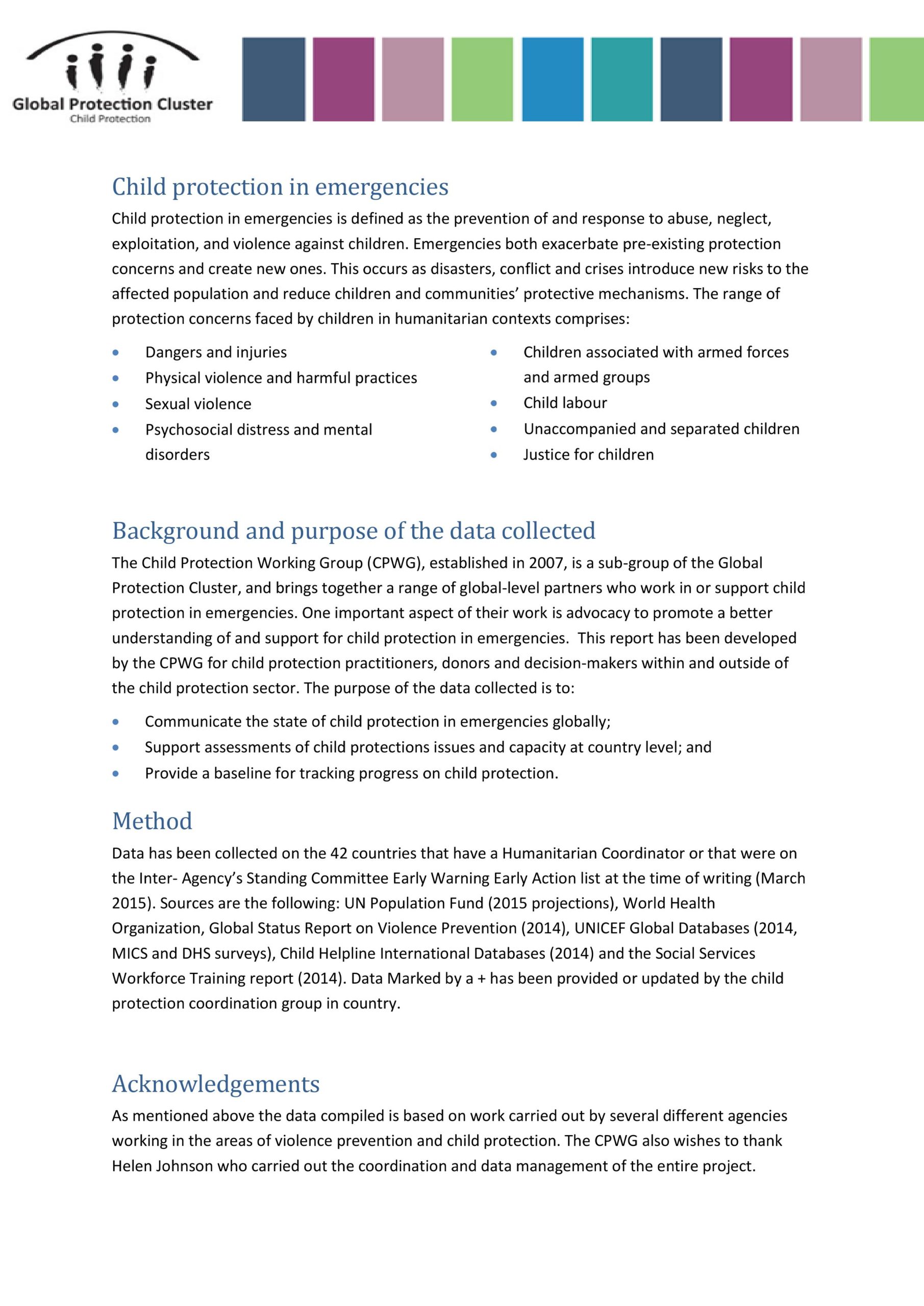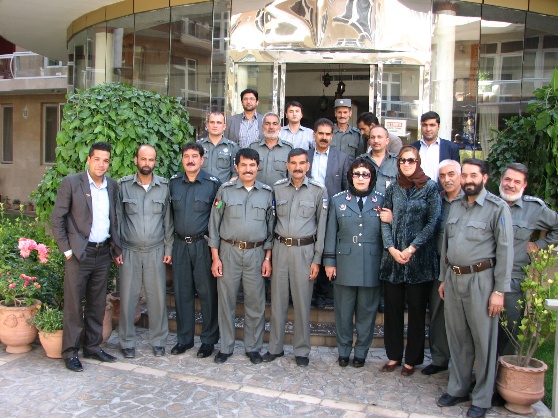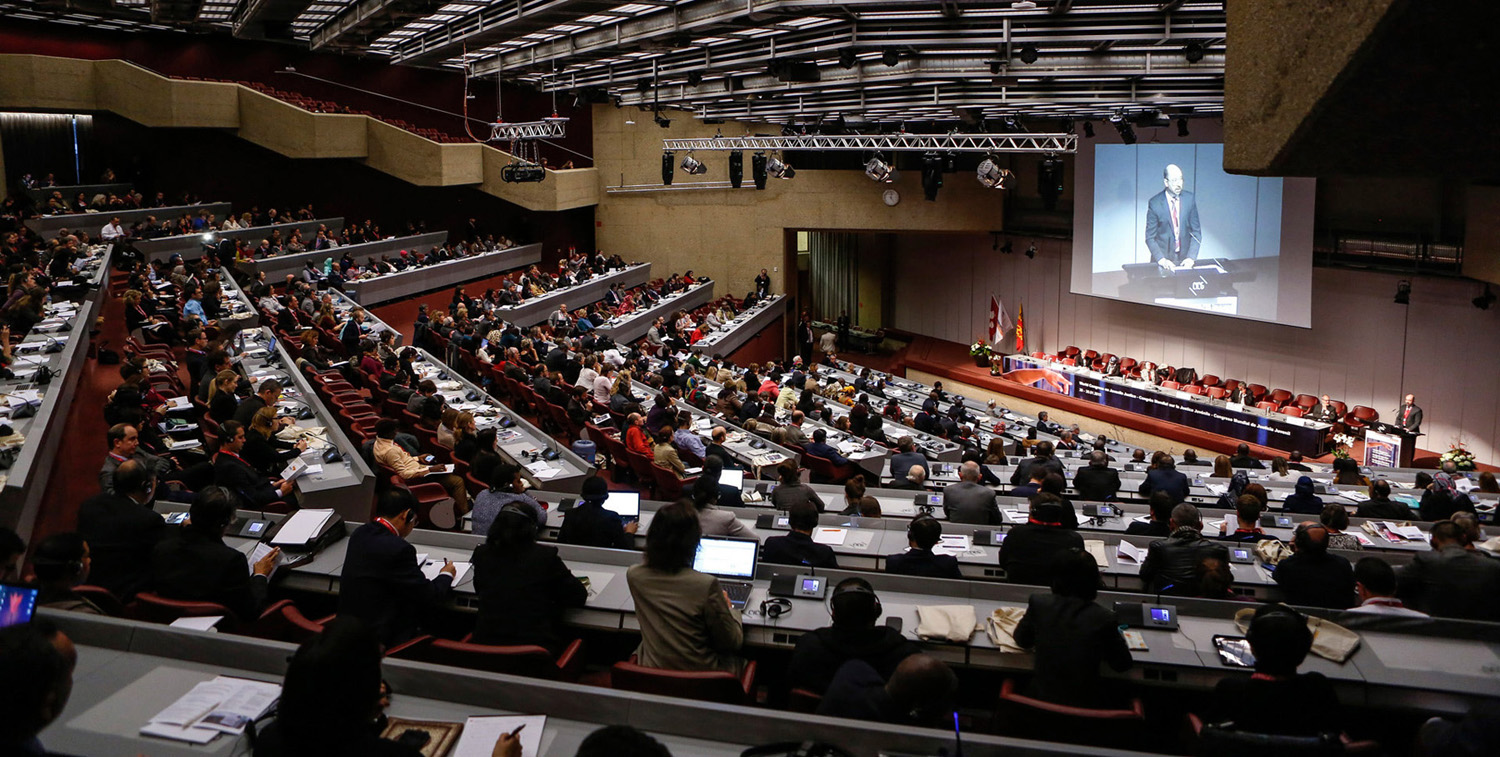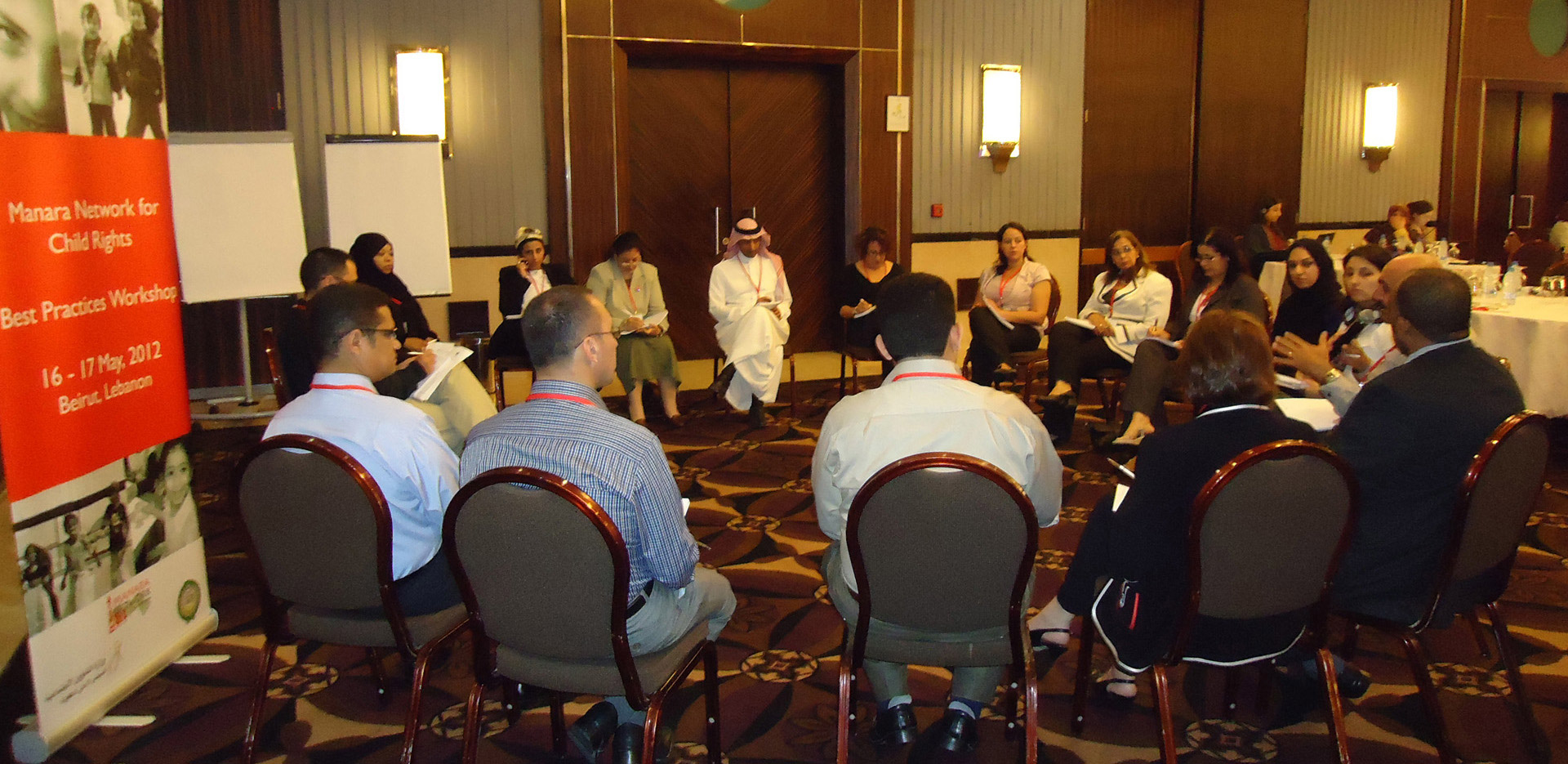Strengthening child protection training in united nations missions
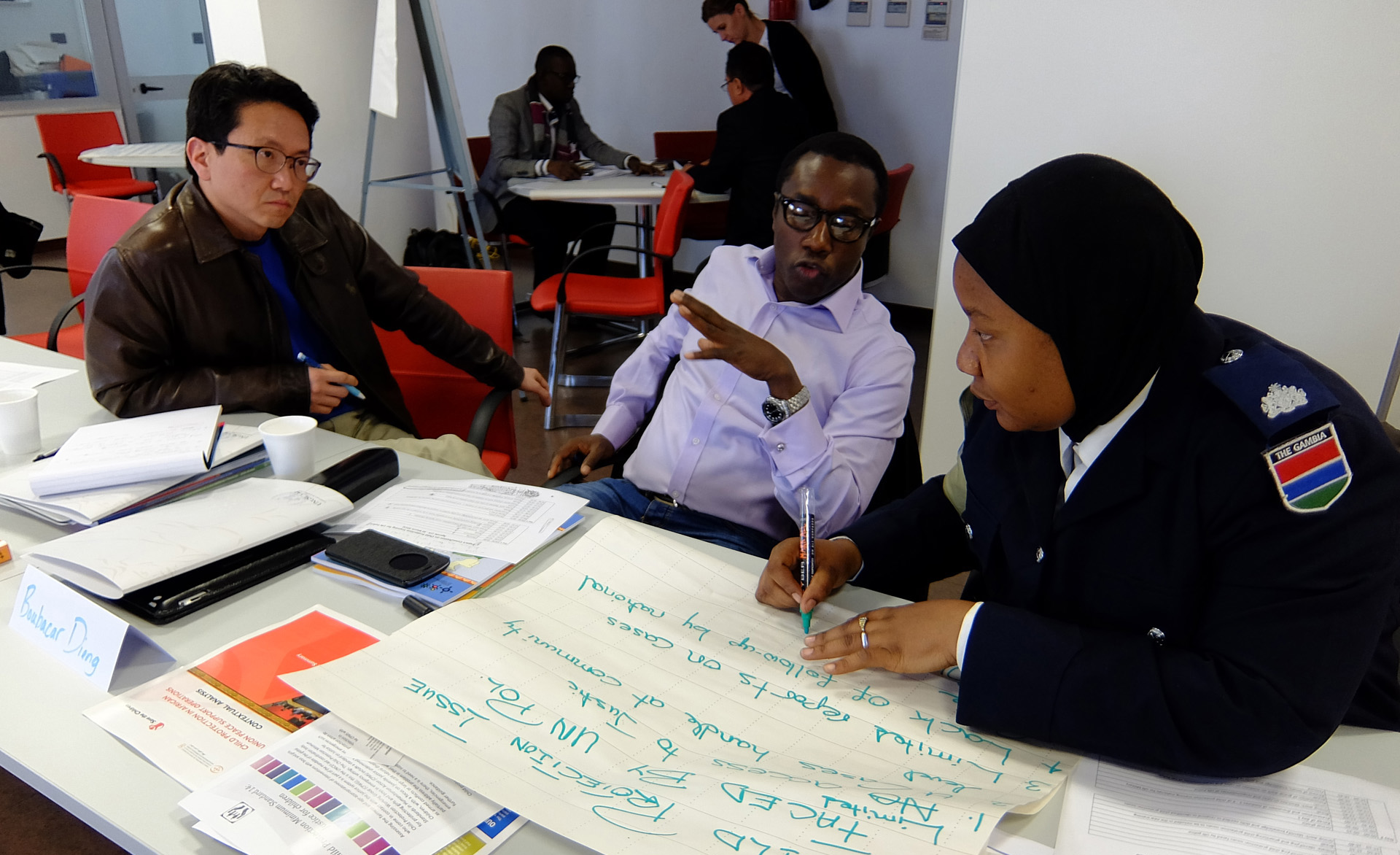
Consultation at the military base in Brindisi, Italy
Project Duration : 2011 to today
In 2011, the IBCR initiated a collaboration with the United Nations Department of Peacekeeping Operations (DPKO), established in New York. The goal of this partnership was to evaluate the quality of tools and approaches in child protection training intended for civilian, police and military personnel in the United Nations participating in peacekeeping operations. For the purposes of this exercise, some 225 training tools on child protection were analysed, and 79 peacekeeping training centres around the world were consulted. This research led to the publication of a report outlining the reforms that should be undertaken in order to improve child protection training for United Nations personnel. A multi-agency workshop, in which some 10 United Nations member states took part, was held in Italy to approve the final guidelines of this assessment. Following this preliminary step, the second stage pf the project was implemented in 2013, with the goal of developing new training tools on child protection, initially intended for military personnel, and as of 2014, for police officers in the United Nations.
Over the course of the most recent phase, the IBCR’s goal at this advanced stage of the project was to consult the different stakeholders involved and determine the structure and approaches to adopt for the drafting of a child protection training module that responded specifically to the needs and mandates of United Nations police officers.
It was with this objective in mind that several consultations were held in New York and Brindisi (United Nations military base in Italy): eight United Nations missions then underway in Côte d’Ivoire, Darfur, Haiti, Liberia, Mali, Central African Republic, the Democratic Republic of Congo and South Sudan took part in this strategic brainstorming session.
A short module outline (equivalent to two or three teaching hours) and a long module outline (corresponding to approximately 15 teaching hours) were then developed and approved by the different stakeholders in the project. In autumn 2015, the Bureau began the next phase of collaboration with the United Nations Department of Peacekeeping Operations with the aim of producing complete drafts for the eight training modules (trainer guides, support documents, PowerPoint presentations, evaluation kit, role-playing games) on child protection, including five basic modules and three training ones.
Finally, the project led to the creation of a document identifying all the laws, standards and regulations that are relevant to justice for children and applicable to the work of United Nations police officers.
- Intervention locations : Global
- Project duration: 2011 à ce jour
- Partners :
- United Nations Department of Peacekeeping Operations (DPKO) and its various divisions
- 8 United Nations missions
- Office of the High Commissioner for Human Rights (OHCHR)
- Office of the Special Representative of the Secretary-General for Children and Armed Conflict
- The United Nations Special Representative of the Secretary-General on Violence against Children
- United Nations Development Programme
- UNICEF
- Highlights:
- More than 220 instruments used in child protection training sessions for police offers identified and analysed
- 16 case studies developed to illustrate the reality of the work of United Nations police officers in the field of child protection
- Fields of activity and expertise :
- Capacity building
- Applied research
- Advocacy and institutional support
- Children in emergency situations






